ESG strategies have been popular with fund managers and institutional investors for a couple of years. However, small investors continue to seek clear definition of what an ESG compliant business looks like. Some see ESG as a problem, as one client said: ‘where the philanthropic ideals of doing good meet the financial reality of running a business’. ESG is after all about how the principle of sustainability is put into practice.
I often find the best way with a client is to set a fictitious company within a sector alien to them, then build a list of questions they would ask its board prior to investing. I tend to choose a sector like funeral arranging as there will always be a demand for funeral services. Buyers are dealing with personal grief and stress yet seeking dignity and respect for the departed, at an affordable cost. Sustainability will not be on their shopping list hence it falls to the funeral director to incorporate these factors into their business. Here is what some students have said in this exercise:
ENVIRONMENTAL – Does the firm distinguish between burials and cremations? How much of the material in your product or service package is natural and how much synthetic? The former need to consider bio-gradeability and contamination, whereas the latter need to consider airborne pollution. This is not only as about what you take from the environment but what you leave behind. Are the caskets you buy made from a sustainable wood, is the headstone sourced from a local quarry? The buyer will be guided by the choices you place before them and there will always be cheaper options. The watchwords for Environmental impact are sustainability and legacy.
SOCIETAL – Does the firm act as a responsible corporate citizen and promote diversity and opportunity? Does the firm try to recruit the unemployed or otherwise unemployable such as those who have been in care or custody? Does it encourage those with disabilities whether mental or physical or those with limited qualifications yet a strong determination to better themselves? Does it offer student apprenticeships or work experience to school leavers; does it offer work to the over 55s given that grey hair and gravitas can be an asset? The watchwords for Societal impact are openness and inclusivity.
GOVERNANCE – Does the firm have a recognisable structure such as a partnership or limited company? Is ownership and control clear or might the business be sold to new owners overnight? Have the firm’s accountants and solicitors set it up for tax efficiency or really tax avoidance? There is a very fine line between the two – is the business registered in a tax haven? Are staff and suppliers rewarded fairly and paid promptly? Are the profits from the firm placed in a bank that invests in unethical funds? What kind of corporate insurance does the firm have and where does that firm invest its money? The watchwords for Governance impact are probity and transparency.
You can create your own aggregate score for each using a simple scale: five is good and zero is bad so that out of fifteen anything over ten merits an ESG justified investment. It is not rocket science but you will need to ask probing questions and be satisfied with the answers. Maybe readers can add more ideas, this doesn’t claim to be exhaustive…

